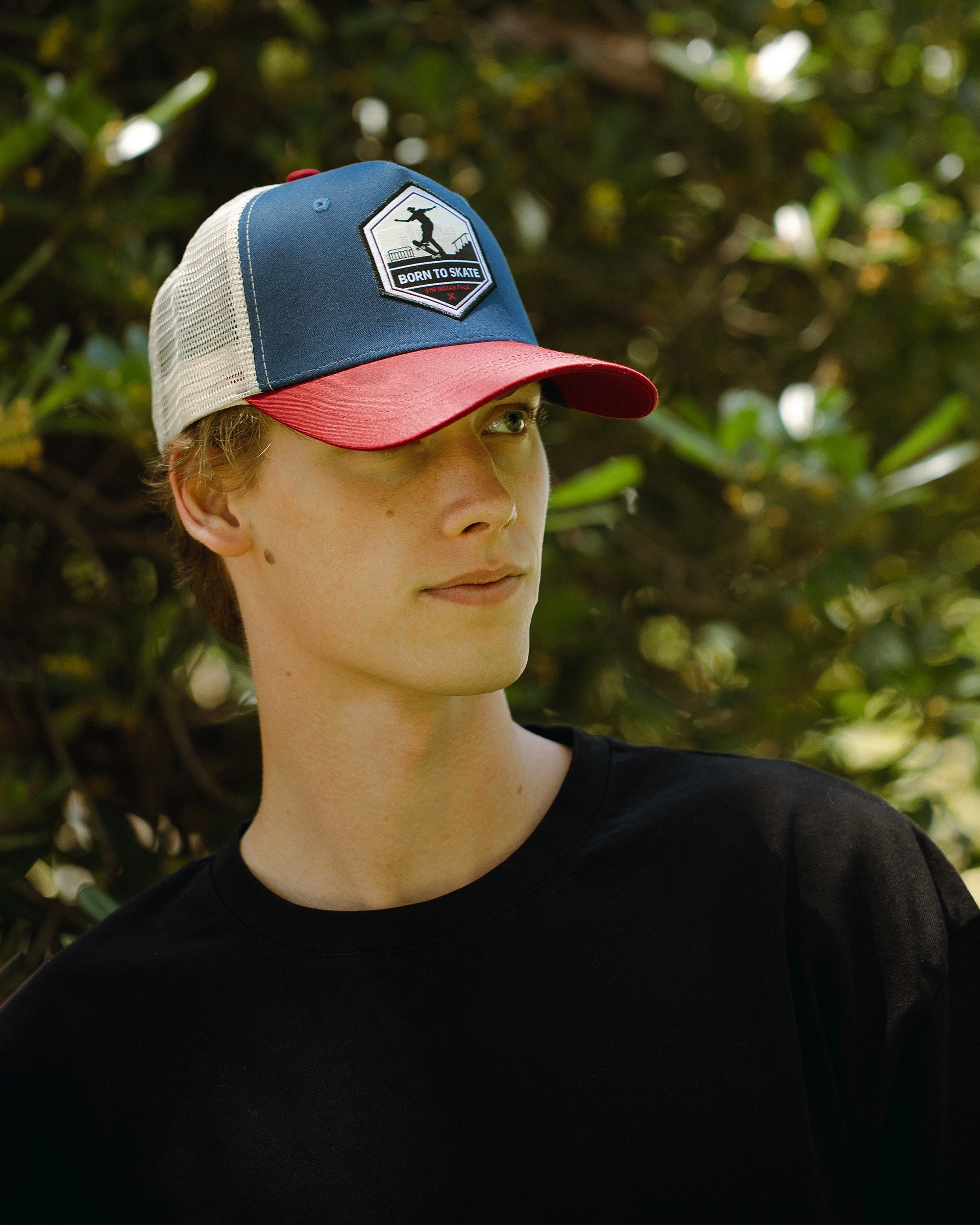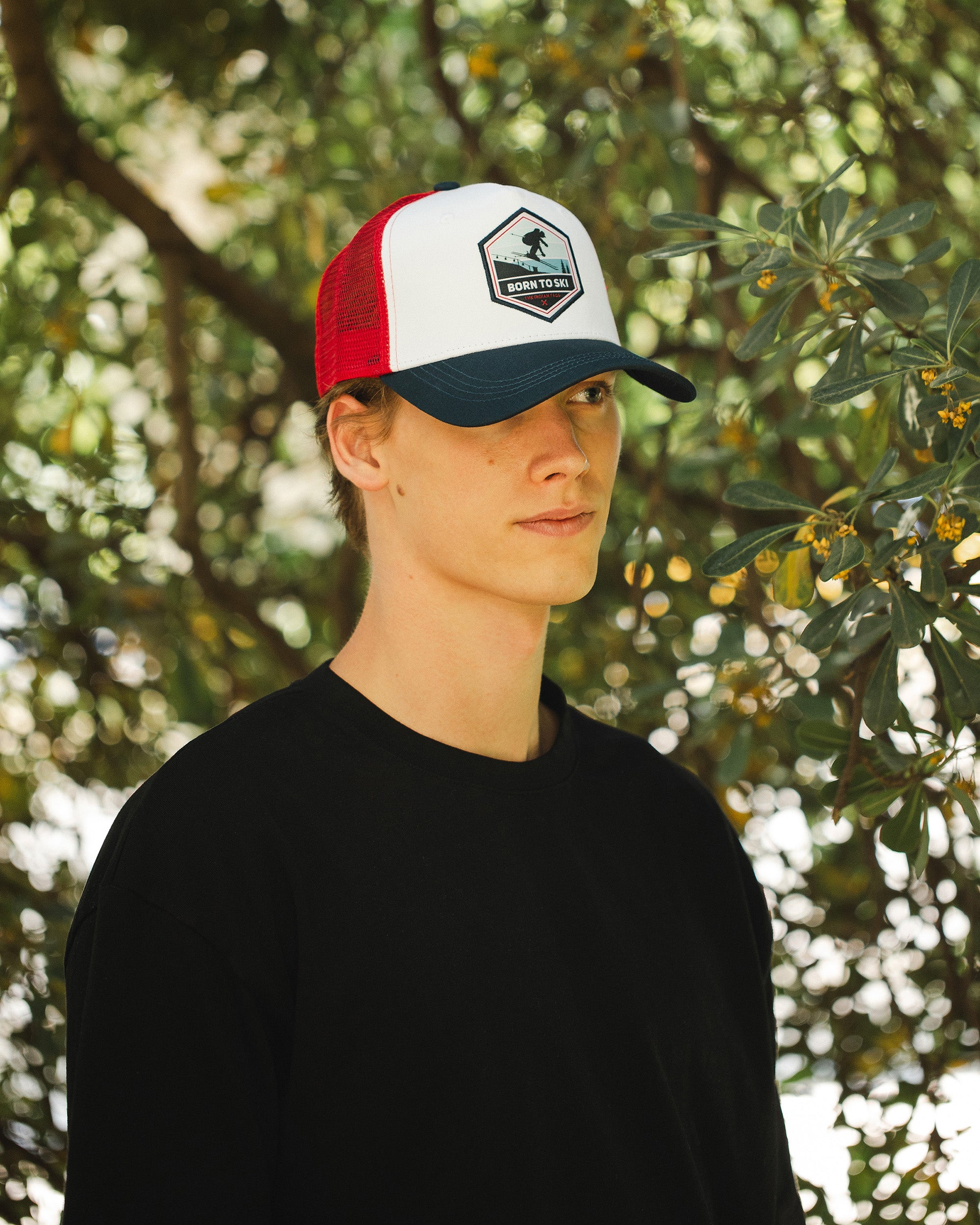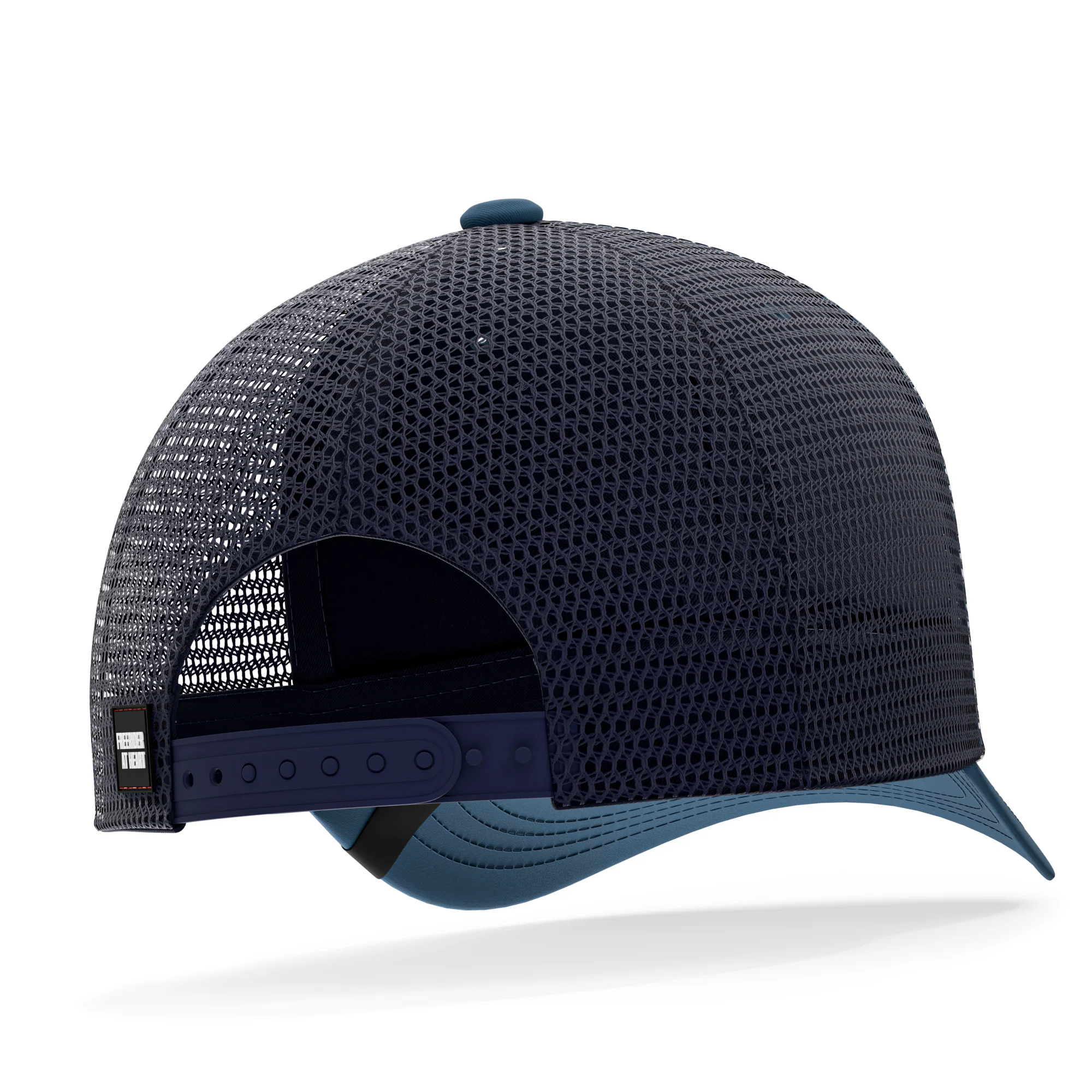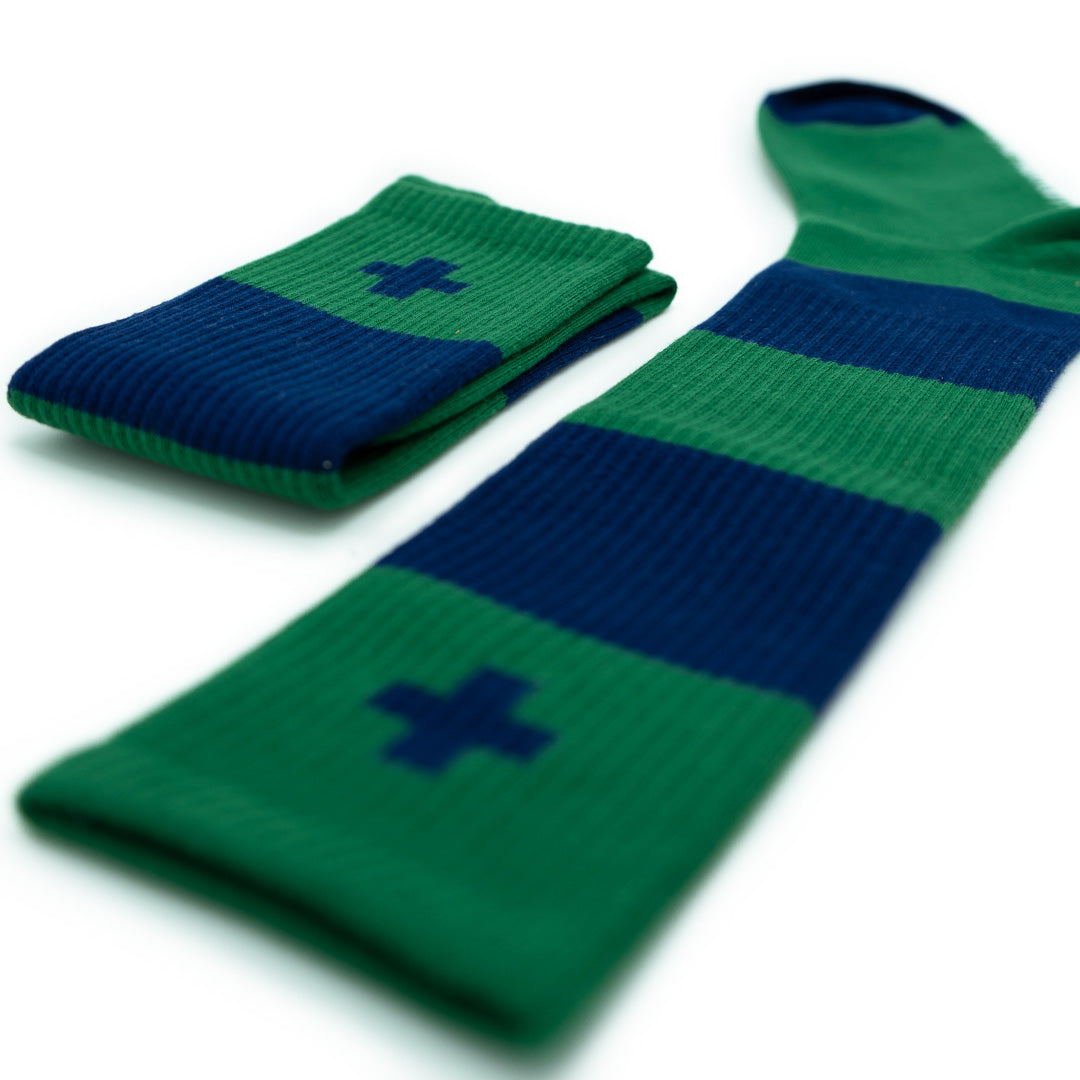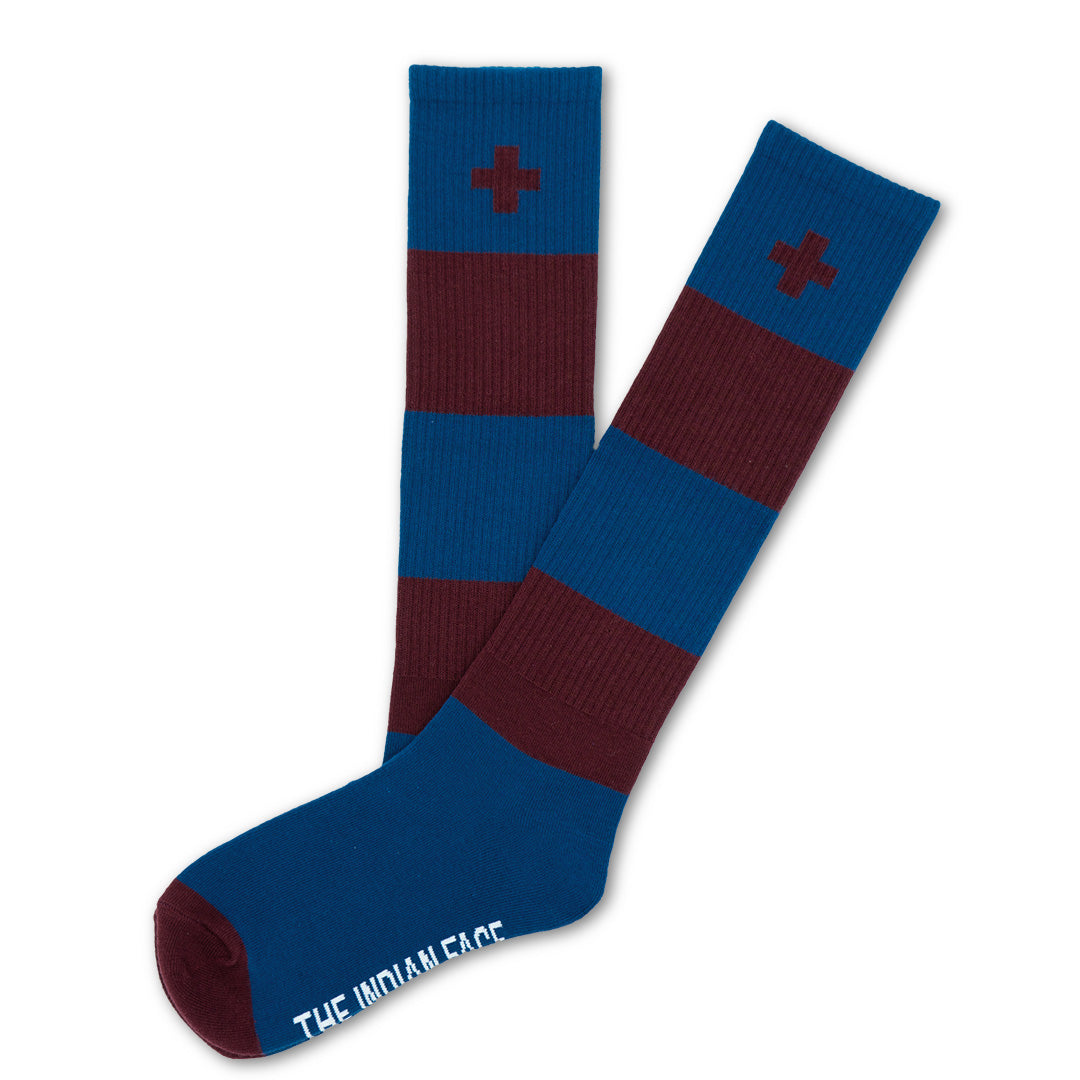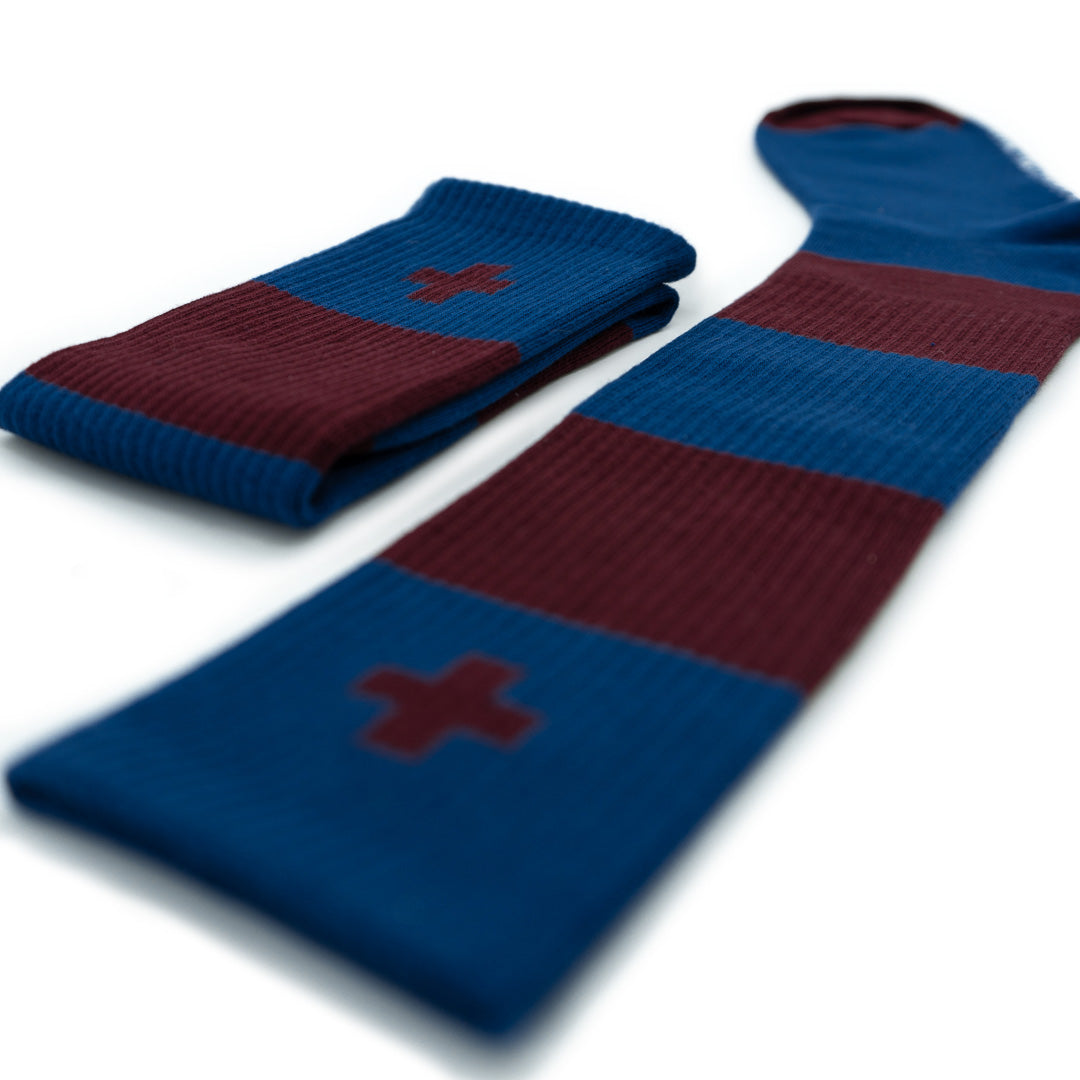It's been 10 years since we heard on all the news how Edurne Pasaban She claimed an unparalleled historic triumph. In May 2010, the renowned Spanish mountaineer successfully completed her project to conquer the highest mountains on planet Earth, thus becoming the first woman in history to summit the 14 eight-thousanders.
After reaching her historic milestone, a goal that Edurne formally set for herself in 2007 as a “life goal,” she asked herself: “And now what…?” But what seemed like the end of a goal achieved was in fact the beginning of a new stage for the Queen of the eight-thousanders, who was not lacking in the desire to continue conquering the world, to reach even higher, and to reinvent herself as a person, as a woman and as a mother.

The truth is that Edurne did not initially tell of her eight-thousanders, she told of adventures, peaks and achievements, so it is not surprising that she entered this race very naturally, following her passion for heights and mountain getaways.
He unofficially began his race for the 14 eight-thousanders in 2001 with the conquest of Everest, his first eight-thousander, which he reached via the South Col Route, together with Silvio Mondinelli, Mario Merelli, Iván Vallejo and Dawa II Sherpa.
Nine years later, Edurne would celebrate her arrival at the summit of Shisha Pangma on May 17, 2010. This would then become her fortieth eight-thousander, accompanied by the same enthusiasm she had on her first expedition, and also the same lucky shirt she wore the 14 times.

A STORY OF PERSONAL IMPROVEMENT
But in this extreme world, not everything is rosy. The most critical moment of this stage for Edurne was undoubtedly her ascent of K2. “We were lucky to climb it on the first try, but we came down with frostbite. They amputated two of my fingers after that,” says Pasaban in an interview for El Intermedio. Her return home after climbing the most dangerous mountain of all marked a before and after for Edurne: “I began to rethink many things. When I began to recover, I thought about what I was doing with my life. At 31, my friends had gotten married and were starting to have children. I was breaking away from the pattern.”
The mountaineer says that between 2005 and 2006 "I couldn't find the answers to the questions of why I did what I did. It was very hard. I always say that my hardest eight-thousander was getting out of a depression."
But we do know how this great story, which is still being told, ends. Edurne “sees the light” and returns to climbing thanks to her desire to improve and the help of her friends, who reminded her that this was what made her truly happy.

CHRONOLOGY OF EDURNE'S 14 EIGHT THOUSANDERS PASSED
- Everest (8848 m), China/Nepal, May 23, 2001
- Makalu (8465 m), China/Nepal, May 16, 2002
- Cho Oyu (8201 m), China/Nepal, October 5, 2002
- Lhotse (8516 m), China/Nepal, May 26, 2003
- Gasherbrum II (8035 m), China/Pakistan, July 19, 2003
- Gasherbrum I (8068 m), China/Pakistan, July 26, 2003
- K2 (8611 m), China/Pakistan, July 26, 2004
- Nanga Parbat (8125 m), Pakistan, July 20, 2005
- Broad Peak (8047 m), China/Pakistan, July 12, 2007
- Dhaulagiri (8167 m), Nepal, May 1, 2008
- Manaslu (8156 m), Nepal, October 5, 200820
- Kangchenjunga (8598 m), India/Nepal, May 18, 2009
- Annapurna (8091 m), Nepal, April 17, 2010
- Shisha Pangma (8027 m), Tibet, May 17, 2010
MORE THAN A CAREER, A LIFESTYLE
The Himalayas welcomed with open arms a young 16-year-old Edurne in 1998, who preferred to meet at 8:00 a.m. at the Green Lady fountain in Tolosa, Guipúzcoa, (the town where she was born) to go climbing with friends instead of dancing in the local gang like the rest of the girls her age, because she felt that she did not fit in there.
He had then joined the Tolosa mountain club, which that year prepared an expedition to Dhaulagiri I, a mountain for professionals which, although he did not conquer it right there, would become the beginning of his career against the forces of nature. "It was my first opportunity to go to an eight-thousander, we were just youngsters with no experience. We chose that mountain without having any idea, because we knew people who had already been there.", said Edurne in a recent interview with @hermanospou on her web show #SpeakPou, in which we learned a little more confidentially about what was going through Edurne Pasaban's mind in 2020, 10 years after her historic achievement.

For Edurne it was a privilege to start her career with the boys from the Tolosa mountain club, which she refers to today as “the best we had in mountaineering in Spain” and then it was also an honour to join On the edge of the impossible, accompanied by “the best” people she could really count on. And although she knew she was carrying a backpack full of anxiety to reach the summit, and also the pressure of being able to climb alongside them, there was nothing that could stop her.
Making a name for yourself in a man's world is not easy, but Edurne shined among them without it being too strange. And although she says there may have been some uncomfortable comments, this did not stop her, it actually motivated her even more.
Today, Edurne values what she has experienced and overcome. If she could, she wouldn't change anything, because she lived through the most challenging era of mountaineering there was, and today she believes that pure mountaineering, the kind that proposed challenges such as climbing eight-thousanders with well-trained climbing teams, is no longer achieved in the same way.
Over the years, Edurne found what she was looking for: reinventing herself as a person after her great success. Through coaching courses, business talks, and more, she entered the business world, where she planned a future after that “What now?”
Today, Edurne combines her renowned and admirable sporting career with her involvement in the business world and her role as a mother, working as a speaker for cultural, sporting and educational entities, as well as for companies of all kinds, both nationally and internationally.

But Edurne does not stop there. Her experience with other cultures and societies has led her towards philanthropy and social work, where for her, solidarity contact is key.
Inspired to give back to the inhabitants of the Himalayas who have given so much to travelers and mountaineers, Edurne created the private foundation “Mountaineers for the Himalayas Edurne Pasaban"which, without profit or religious connotations, brings together mountaineers who show solidarity with the children of the mountains of Nepal, Tibet, Bhutan, Pakistan and India in favour of better education, to guarantee the social, cultural and economic progress of this area.
And in her own words, Edurne says that if she had a superpower, “she would have the superpower to make the world a better place.”
Definitely, Edurne Pasaban She is a woman who has overcome the most challenging conditions, with ups and downs, taking her life to the extreme, and making history in the name of humanity, in the name of women and in the name of herself, with humility, passion, patience and improvement.






















